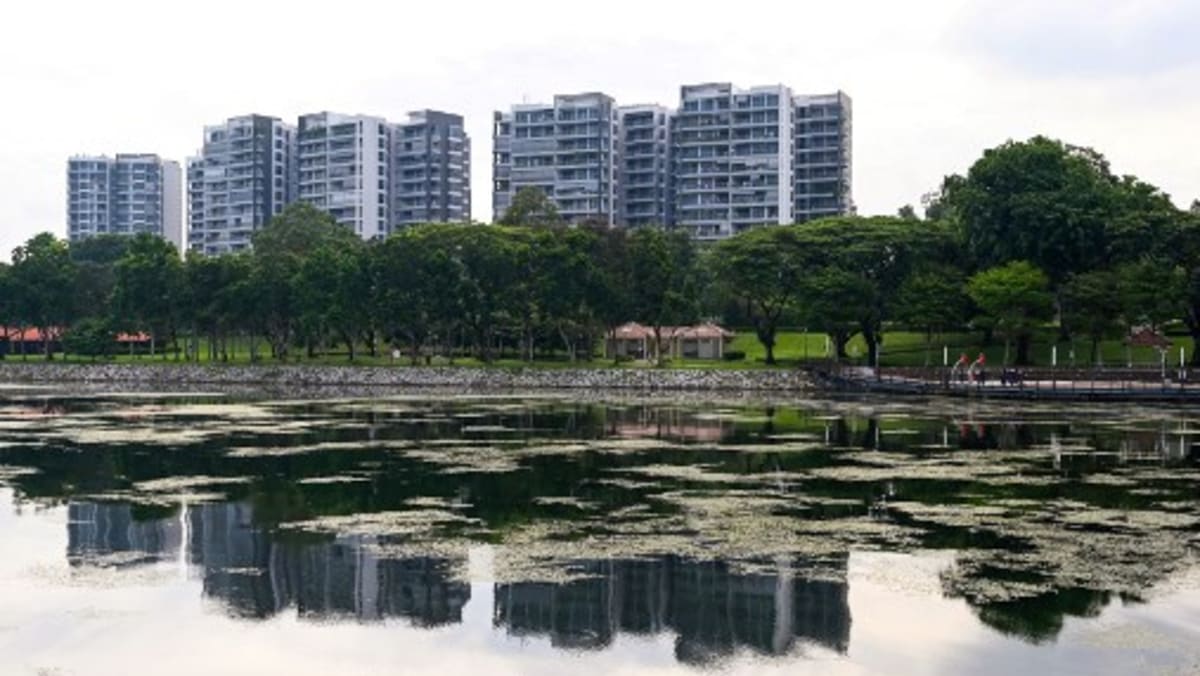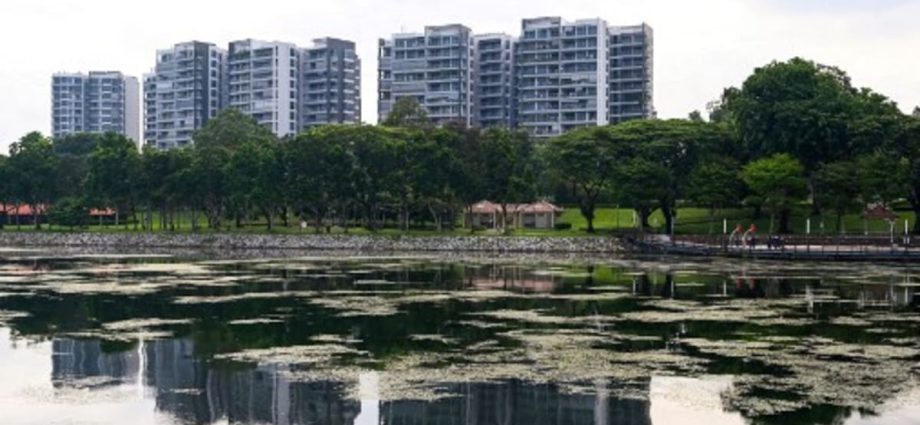
This is the third round of cooling measures since December 2021.
The last two rounds of property cooling measures, alongside the uncertain global economic environment and high mortgage interest rates have had some moderating effects on Singapore’s property market, said Mr Lee.
“We’ve started to see some early signs of price moderation,” he added.
“Having said that, our property market in Singapore continues to be resilient despite all of this moderation settling in.”
This is driven by two things – a strong demand from Singaporeans to buy homes to live in, and renewed local and foreign interest in investing in residential properties, said the minister.
The former is partly a result of construction delays brought about by the COVID-19 pandemic, and more nuclear families or individuals moving out on their own, he added.
Interest from both local and foreign investors is “starting to come back” into the residential market, said Mr Lee.
For example, foreign investments, as a proportion of property transactions, fell from about 20 per cent in 2011 to about 3 to 4 per cent in the last few years, he added. The average from 2017 to 2019 was about 6 per cent.
Cooling measures, the economic environment and COVID-19 border closures affected this proportion, said the minister.
But in the first quarter of this year, foreign interest returned to the market – foreign purchases of residential property made up about 7 per cent of all transactions, he said.
“Foreign interest in residential property in Singapore as an asset class continues to be strong,” he added.
“And therefore if we don’t take early pre-emptive measures, we may see investment numbers both by locals and by foreigners grow, and that will add stress to Singaporeans who are looking to buy residential property principally for owner occupation.”

